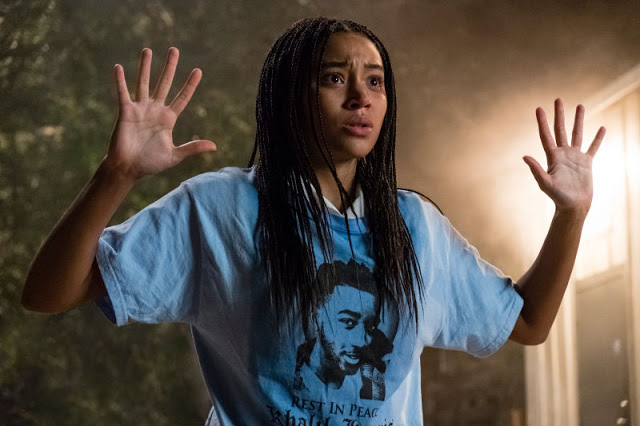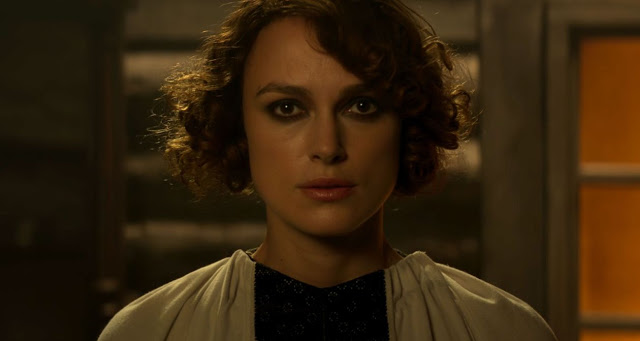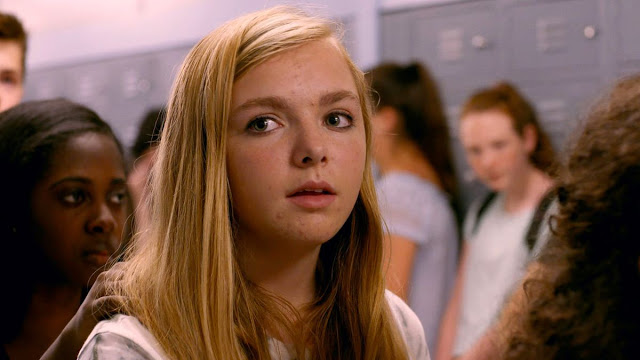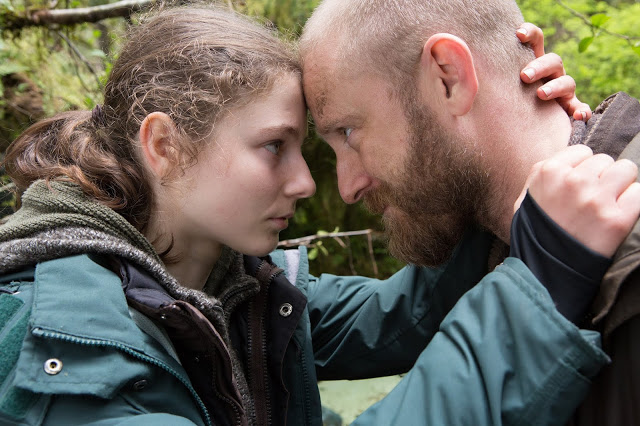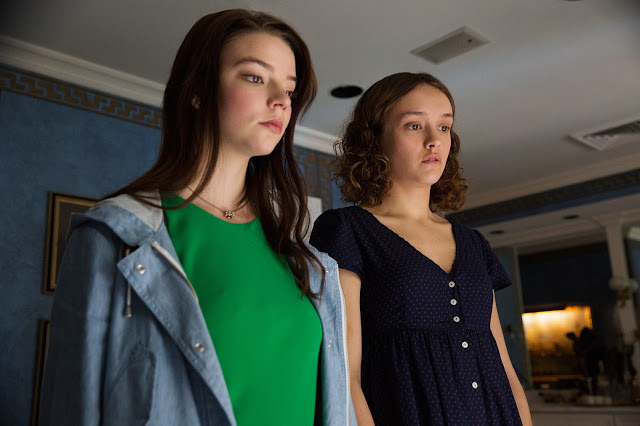The Hate U Give: Beaten Down, Then Speaking Up
Overstuffed yet bracing, predictable yet provocative, The Hate U Give is above all defiantly, unapologetically loud. Yet it opens with a scene of sober, ominous quiet. As the camera glides through the fictional Compton-esque neighborhood of Garden Heights, it locks on a two-story house and creeps through an open window, where a man, Maverick, is talking with his wife and three children at the kitchen table. It could be any chat where a parent imparts advice about the larger world—about sex, politics, family values—but here, Maverick (Russell Hornsby) is calmly but forcefully telling his kids how to behave if they ever when they inevitably get pulled over by the police. Keep your hands flat on the dashboard, he says. Be respectful. Don’t make any sudden movements; don’t give them any reason to hurt you. The burden, he patiently explains to his kids, isn’t on the cops; it’s on them. His children, all under the age of 10, listen intently, as though their father is teaching them about the difference between life and death. Which, of course, he is.
In making The Hate U Give, the director George Tillman Jr. faces an unusual and somewhat perverse challenge. Tasked with adapting Angie Thomas’ bestselling novel to the screen, he must dramatize a fictional story—about the fallout of a white police officer killing an unarmed black youth—in an era where such events are horribly, commonly real. In a country already familiar with the tragic deaths of actual people—many of whom the film name-checks, including Eric Garner, Alton Sterling, and Philando Castile—do we really need an entertaining yarn about invented characters suffering the same fate? Read More

